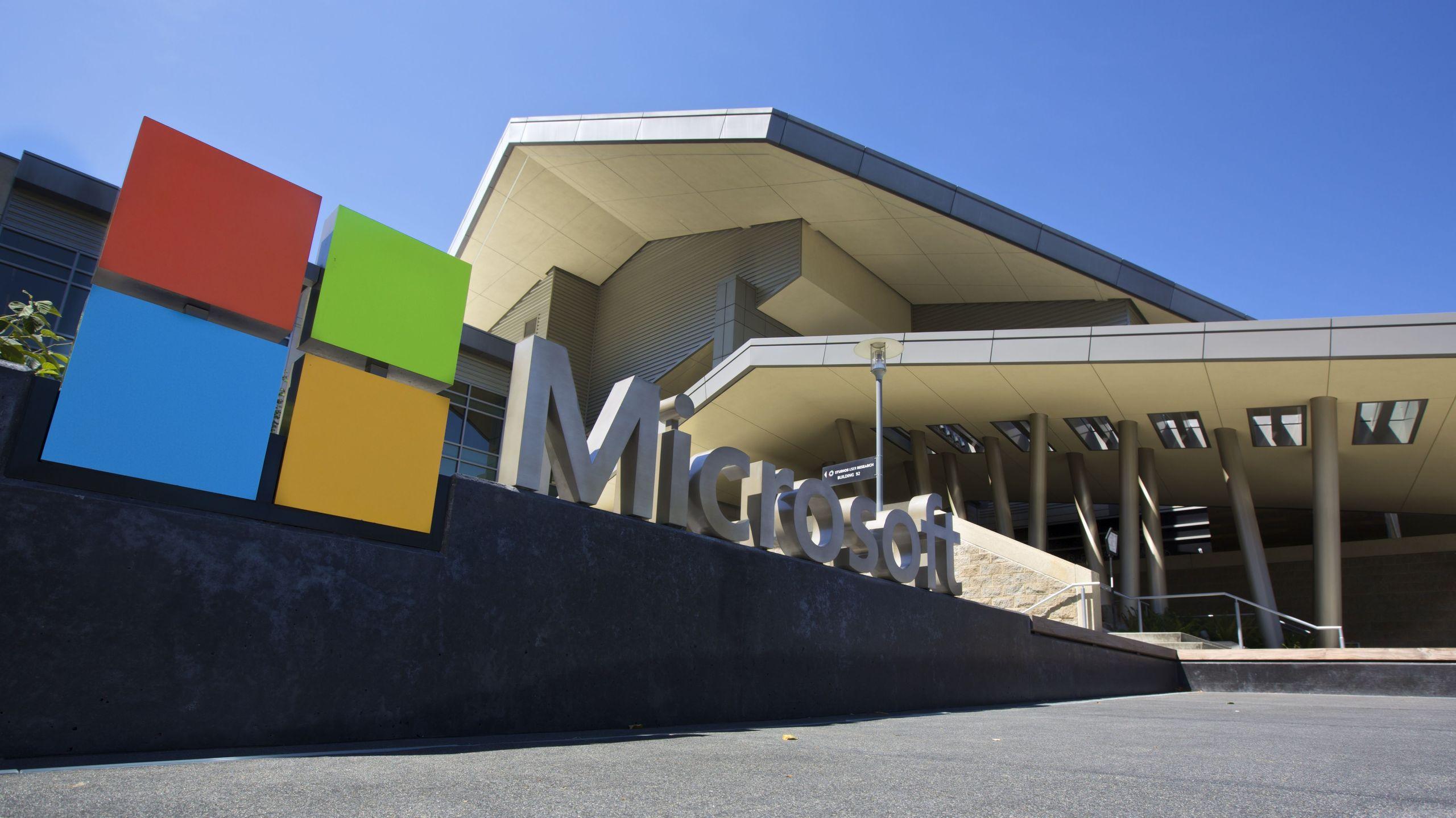- Microsoft’s ‘Agent Operating System’ Announcement Immediately Triggered Strong Criticism Online
- Users warn that AI prompts could disrupt productivity tools and essential Office software operations.
- Many expressed frustration with forced cloud integration that disrupted their usual Windows workflows.
Microsoft recently tried to present its Windows operating system as evolving into an “agent operating system”, designed to combine cloud services, AI and device management into a unified experience – but the announcement quickly backfired, encountering a torrent of opposition.
The announcement, made by Windows & Devices President Pavan Davuluri, aimed to highlight features aimed at improving smart productivity and supporting frontier businesses.
However, the post sparked a wave of backlash, many of which expressed frustration with what they saw as forced AI tools and unnecessary cloud dependencies.
Davuluri highlighted the upcoming Microsoft Ignite event as a showcase of Windows’ new agentic features.
The executive outlined features intended to transform workflows through connected devices and AI-enhanced productivity.
Despite this, ordinary users have expressed concern about these features automatically rolling out to all Windows installations, even for those who are not interested in using advanced AI tools.
The backlash on social media focused on the perception that Windows prioritized artificial intelligence over user control.
Many commenters argued that AI’s constant prompts and automatic suggestions could interfere with established workflows.
Users emphasized that productivity tools should support tasks without creating additional steps or interruptions.
Many pointed out that essential office software operations, such as document editing and spreadsheet management, could be disrupted if AI-based features were imposed without clear opt-out options.
Several answers suggest that Linux or other alternative platforms might be more suitable for users who prefer minimal automation and direct system control.
Although there were many criticisms, some industry observers pointed out that the concept of an “agent operating system” could benefit some organizations.
Early adopters and businesses seeking deeper integration between AI tools, cloud, and device management may find the proposed updates beneficial.
For these users, the evolution of Windows promises new productivity tools that can streamline complex operations and improve workflow efficiency.
Comments on social media suggest that users prioritize stability, reliable Office software, and uninterrupted access to existing applications over experimental features.
Microsoft’s challenge will be balancing advanced capabilities for enterprise customers while maintaining the basic usability expected by the entire user base.
Via Tom’s Hardware
Follow TechRadar on Google News And add us as your favorite source to get our news, reviews and expert opinions in your feeds. Make sure to click the Follow button!
And of course you can too follow TechRadar on TikTok for news, reviews, unboxings in video form and receive regular updates from us on WhatsApp Also.




